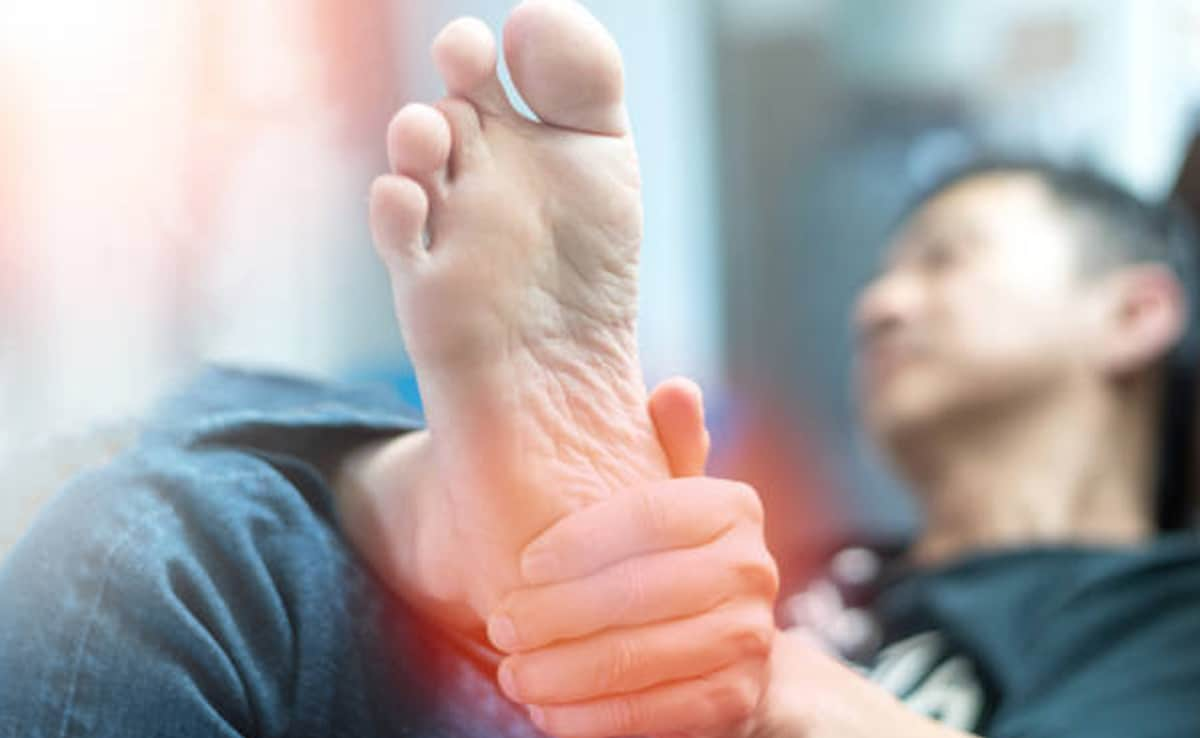
By implementing these lifestyle changes, individuals can reduce their risk of arthritis
Making lifestyle changes can significantly reduce the risk of developing arthritis and promote overall health and well-being. Read on as we share a list of lifestyle changes you can make today to lower your risk of arthritis.
9 Lifestyle changes one can make to reduce arthritis risk:
1. Maintain a healthy weight
Excess weight puts added stress on joints, increasing the risk of arthritis, particularly osteoarthritis. Maintaining a healthy weight reduces this strain. Adopt a balanced diet rich in fruits, vegetables, lean proteins, and whole grains. Engage in regular physical activity to support weight management.
2. Stay active
Regular exercise helps maintain joint flexibility, strengthens muscles to support joints, and reduces inflammation. It also promotes overall cardiovascular health. Incorporate a mix of aerobic exercise (e.g., walking, swimming) and strength training into your routine. Aim for at least 150 minutes of moderate-intensity exercise per week.
3. Protect your joints
Avoid activities that put excessive strain on joints, such as high-impact sports or heavy lifting, to reduce the risk of joint injury and subsequent arthritis. Use proper body mechanics when lifting heavy objects, wear supportive footwear, and use protective gear during physical activities.
4. Eat a healthy diet
A balanced diet rich in anti-inflammatory foods such as fruits, vegetables, fish, nuts, and seeds can help reduce inflammation and lower the risk of arthritis. Focus on incorporating a variety of colourful fruits and vegetables, omega-3 fatty acids from fish, and healthy fats from sources like avocados and olive oil into your meals.
5. Manage stress
Chronic stress can contribute to inflammation, which is linked to arthritis. Stress management techniques can help reduce inflammation and promote overall health. Practice relaxation techniques such as deep breathing, meditation, yoga, or tai chi. Engage in activities you enjoy and prioritise self-care.
6. Quit smoking
Smoking has been linked to an increased risk of rheumatoid arthritis and can exacerbate symptoms of existing arthritis. Quitting smoking can help reduce this risk. Seek support from healthcare professionals, use smoking cessation aids if needed, and identify and address triggers that may lead to smoking.
7. Get regular exercise
Physical activity helps maintain joint mobility, strengthens muscles, and supports overall joint health. It also promotes the release of endorphins, which can help manage pain. Incorporate low-impact exercises such as walking, cycling, swimming, or yoga into your routine. Start slowly and gradually increase intensity and duration.
8. Stay hydrated
Proper hydration is essential for joint health as it helps maintain the cushioning properties of cartilage and supports overall bodily functions. Drink plenty of water throughout the day, aiming for at least 8-10 glasses per day. Limit consumption of sugary and caffeinated beverages, which can contribute to dehydration.
9. Prioritise joint health
Implement strategies to protect and support joint health, such as using ergonomic tools, maintaining good posture, and avoiding prolonged periods of sitting or standing. Use ergonomic chairs and keyboards, take regular breaks to stretch and move, and practice proper lifting techniques to reduce strain on joints.
By implementing these lifestyle changes, individuals can significantly reduce their risk of developing arthritis while improving overall health and well-being. It’s important to consult with healthcare professionals for personalised recommendations and guidance.
Disclaimer: This content including advice provides generic information only. It is in no way a substitute for a qualified medical opinion. Always consult a specialist or your own doctor for more information. NDTV does not claim responsibility for this information.





